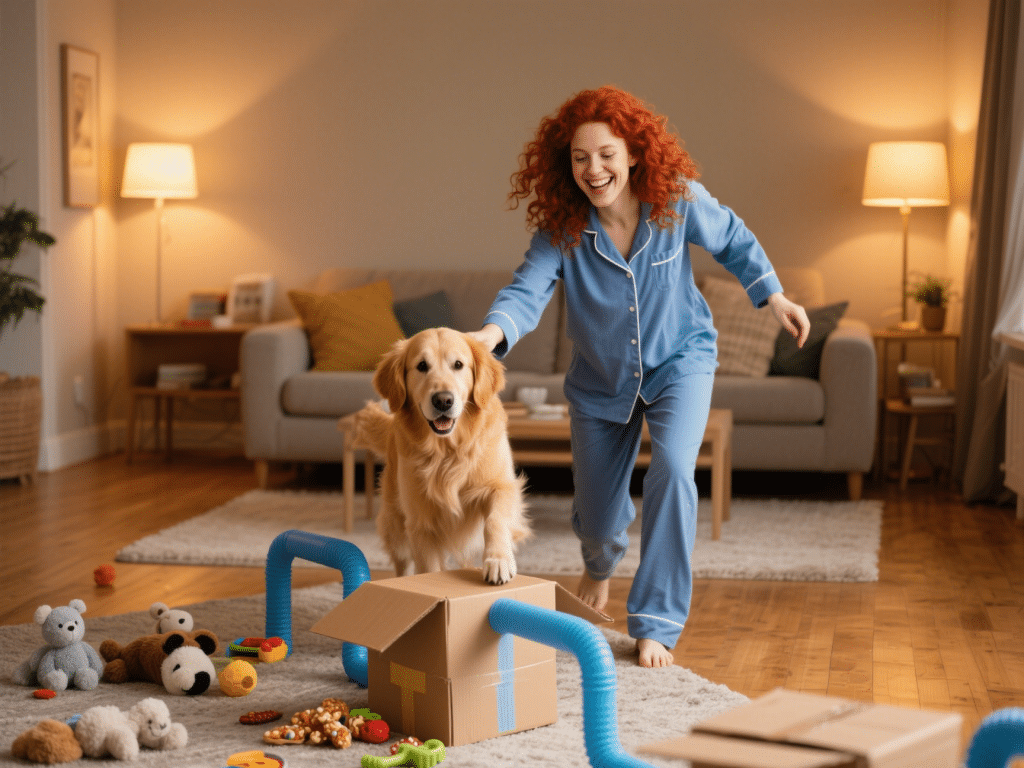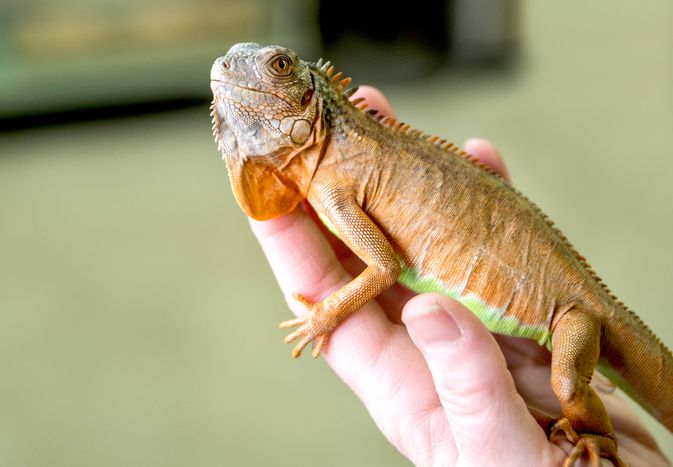Choosing a companion for apartment living requires careful consideration beyond simple preference. Limited space, proximity to neighbors, potential lease restrictions, and lifestyle compatibility demand a strategic approach. Here’s how to make an informed decision:
Assess Space & Layout: Be brutally honest about your square footage and floor plan. Large, active dogs generally need more room than a studio can offer. Vertical space matters for cats (consider cat trees). Small mammals (rabbits, guinea pigs, rodents) or reptiles need appropriately sized, contained habitats. Measure potential pet zones.
Prioritize Temperament & Energy Level: This is crucial. Seek low-to-moderate energy pets. High-energy breeds often develop destructive behaviors or anxiety in confined spaces without intense, frequent exercise hard to provide in an urban setting. Research breed tendencies thoroughly, focusing on “apartment-friendly” labels, but remember individual personalities vary. Adult or senior pets often have calmer demeanors than juveniles.
Minimize Noise Potential: Be mindful of neighbors. Constant barking, loud squawking (birds like some parrots), or persistent meowing can cause issues. Fish, reptiles, small rodents, or quieter cat/dog breeds are better choices. Training is essential for vocal dogs but has limits based on breed instinct.
Check Legalities & Lease Terms: Always verify your lease agreement. Many apartments restrict pet types, sizes (often weight limits), breeds (common restrictions on “bully breeds” or large dogs), and numbers. Require pet deposits or monthly fees. Check local ordinances too. Never assume pets are allowed; get permission in writing.
Consider Maintenance & Time: Apartment living concentrates mess. Assess shedding (allergies, cleaning), litter box/frequent cage cleaning needs, grooming requirements, and exercise demands within your building/neighborhood constraints. Dogs need regular outdoor access; cats need stimulating indoor environments. Who cares for the pet during long workdays or travel?
Evaluate Your Lifestyle Honestly: Match the pet’s needs to your daily routine. Are you home often? Can you commit to multiple daily walks (dogs)? Do you travel frequently? A low-maintenance pet like a fish, snake, or older cat might suit a busy professional better than a puppy or high-needs bird.
Research Specific Species/Breeds: Go beyond cute looks.
Dogs: Opt for smaller breeds known for adaptability (e.g., Cavalier King Charles Spaniel, French Bulldog, Greyhound - surprisingly lazy indoors, Boston Terrier) or lower-energy larger breeds if space allows (e.g., Great Dane - gentle giants, but need space to stretch). Avoid notoriously vocal or high-energy working/herding breeds unless you have an exceptional exercise plan.
Cats: Generally excellent apartment dwellers. Provide vertical space, scratching posts, and enrichment. Consider adopting an adult cat whose personality is known. Some breeds (e.g., Ragdoll, British Shorthair) are known for being particularly laid-back.
Small Mammals: Rabbits (litter-trainable but need space), guinea pigs, rats (highly social, need pairs), hamsters (nocturnal, solitary). Require secure, spacious cages and daily out-of-cage time/supervision. Can be noisy at night.
Birds: Smaller birds like budgies or cockatiels can work but research noise levels carefully. Larger parrots need immense space, complex enrichment, and are very loud; generally unsuitable for apartments.
Reptiles/Fish: Quiet and contained. Require specialized habitats (heat, light, humidity) and consistent care. Minimal interaction compared to mammals.
Key Tip: Visit shelters/rescues and spend time with potential pets. Foster-to-adopt programs are invaluable for assessing real-life compatibility within your apartment before making a lifelong commitment. Choosing wisely ensures a happy, harmonious home for both you and your pet.










Comments on "How to Choose the Right Pet for an Apartment: Considerations and Tips" :